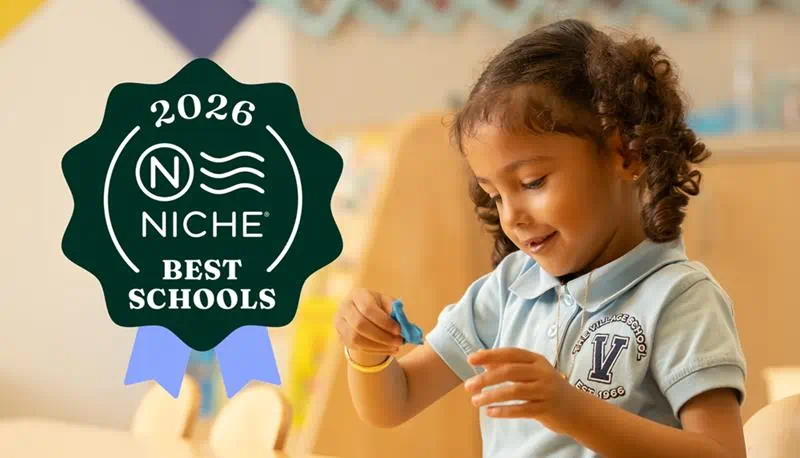New STEAM curriculum gets students to solve environmental problems Nord Anglia Education has announced the details of its new science, technology, engineering, arts and mathematics (STEAM) curriculum, developed in collaboration with one of the world’s most influential universities, the Massachusetts Institute of Technology (MIT).
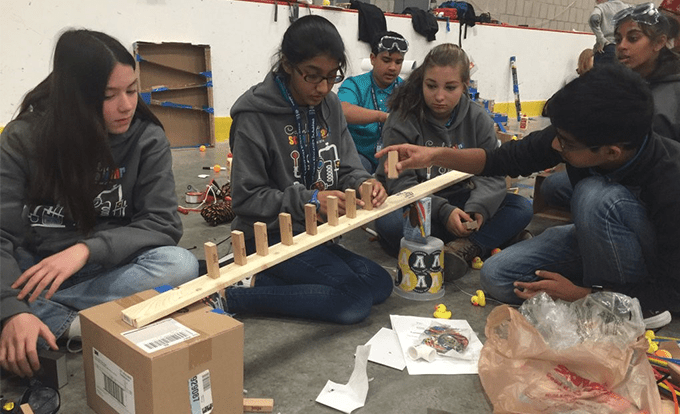
Nord Anglia Education has announced the details of its new science, technology, engineering, arts and mathematics (STEAM) curriculum, developed in collaboration with one of the world’s most influential universities, the Massachusetts Institute of Technology (MIT).
Nord Anglia, the world’s leading premium schools organisation, has today revealed the details of its new science, technology, engineering, arts and mathematics (STEAM) curriculum, developed in collaboration with one of the world’s most influential universities, the Massachusetts Institute of Technology (MIT).
The collaboration will see students benefit from an educational approach honed in one of the world’s leading higher education institutions. Students will adopt a multidisciplinary approach to learning and problem-solving with a focus on developing robust intellectual curiosity for real-world application. It is this sense of curiosity and exploration that underpins much of MIT’s approach to learning. Nord Anglia students will be encouraged to question their world, identify problems and come up with solutions for their community all with the guidance of MIT staff.
Starting this autumn term, students will be challenged in three phases to solve a real-life problem facing their local community. First, students will have to describe what makes them curious in order to stimulate inquisitive thinking. In the second phase, students will have to identify and describe an environmental problem in their city and the impact on the overall health of the city including air, food, water, energy, transportation and waste. They will then use the skills they learned through the guidance of MIT experts and STEAM teachers to question and delve deeper through research, analysis and the collection of data. The final stage will focus on addressing the problem and creating a solution which students will present at MIT.
The curriculum, which will eventually be rolled out to over 35,000 students in 43 international schools around the world, aims to develop the transferable skills students will need in order to meet the challenges and uncertainty of the future workplace.
Traditional schooling with siloed academic subjects does not adequately prepare students for the fast pace of technological change in the modern world. Nord Anglia believes that a curriculum based around STEAM will encourage interdisciplinary learning, and will help students develop transferrable skills such as creativity and advance problem-solving for jobs of the 21st century.
Learn from the best
The collaboration also entails professional development at MIT for STEAM discipline teachers at Nord Anglia schools. Teachers will have an opportunity to attend annual workshops at MIT which will expose them to the latest thinking, research and tools in STEAM. Nord Anglia teachers will also learn new ways to support student creativity, invention, reflection, risk taking and perseverance through termly STEAM challenges. Teachers from the 13 pilot schools have already completed their professional development this summer at MIT with workshops about combatting climate change, food production technologies, city planning and gaming among other topics. Our teachers will be taking this new approach back to their schools this term.
Finally, the collaboration between Nord Anglia and MIT will provide teachers and students with the annual opportunity to visit the respected institution. While at MIT, they will participate in a range of STEAM related activities, such as robotics, coding, and bioengineering among other things. Students will also have the opportunity to interact with, and learn from, some of the world’s most renowned academics in the subjects of STEAM. This will ensure that Nord Anglia’s students are exposed to the thinking and philosophy underpinning an institution in the vanguard of STEAM education.
Andrew Fitzmaurice, Chief Executive Officer at Nord Anglia, said “As educators, we have an enormous responsibility to ensure that today’s students are well-prepared for tomorrow’s workplace. Traditional schooling teaches subjects individually, and fails to encourage students to tackle challenges in a holistic way. Nord Anglia enhanced STEAM curriculum will encourage students to think across subjects, collaborating and honing their creativity to help tackle real-world challenges. Helping them to develop these key transferable skills will stand them in good stead.”
“No academic institution in the world has MIT’s track record when it comes to interdisciplinary learning and problem-solving. As with our partnership with The Juilliard School, we are delighted that our students and teachers will be able to learn from the best in the world,” Fitzmaurice said.
John Durant, MIT Museum Director said, “MIT’s motto is Mens et Manus, or Mind and Hand. We believe that creative problem solving is of central importance to teaching and learning about science and technology in the 21st century. The MIT Museum is delighted to be collaborating with Nord Anglia to bring MIT’s distinctive approach to learning to Nord Anglia teachers and students worldwide”.
The initial programme will launch in 13 schools in September 2016, and is set to expand to educate more than 35,000 students at Nord Anglia’s 43 international schools in following years. This new venture comes one year after Nord Anglia launched its performing arts collaboration with The Juilliard School.



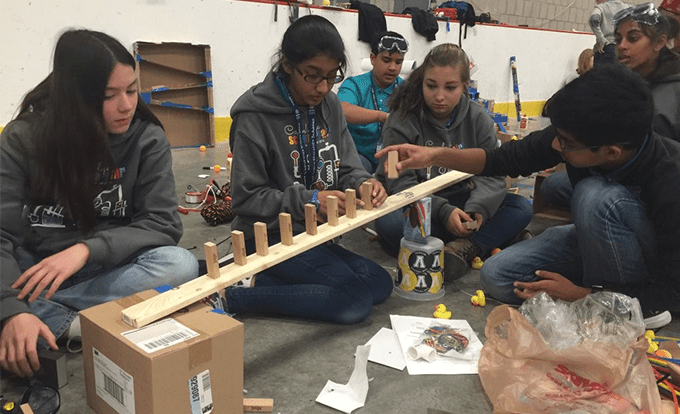

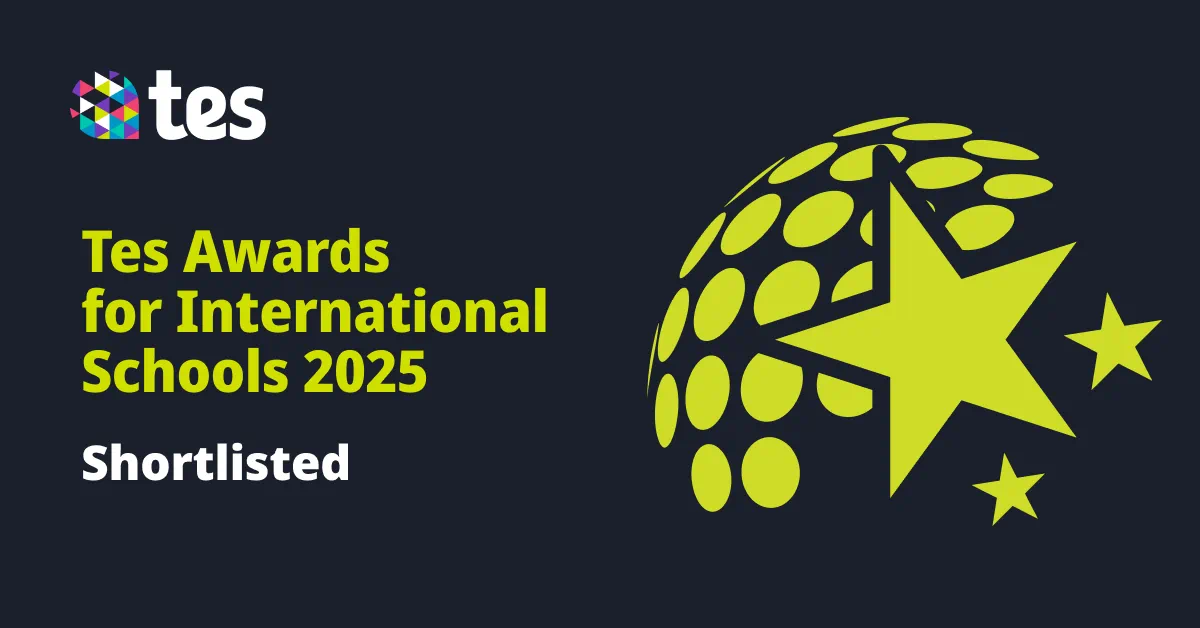
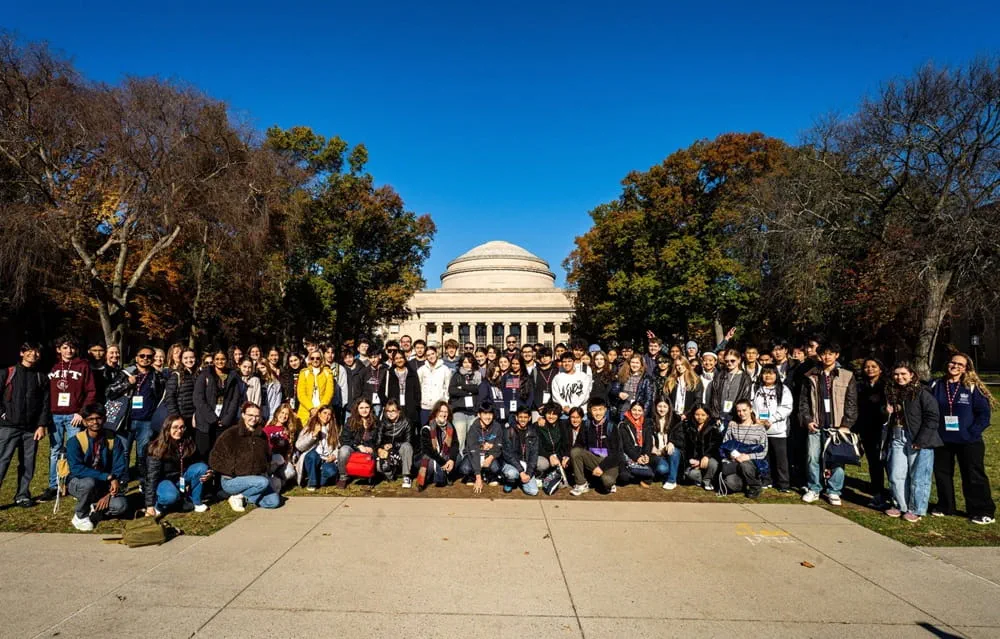
.jpg?h=666&iar=0&w=1000&rev=49644eae43d64841ba3f095eb6137fbe&hash=AAA0021B9F474D396B8239B683DEA63E)
